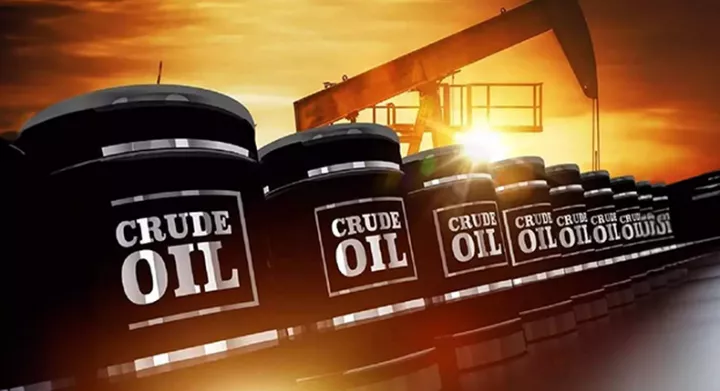
According to a half dozen sources, oil suppliers are pulling away from doing business with the Nigerian government. These marketers have decided to suspend dealings with the country due to the debt the government continues to incur. Debts owed by the government, as far back as January, reaching as high as $4 billion are yet to be disbursed.
A report by Reuters revealed that the Nigerian government owes oil suppliers a substantial amount. The amount has reportedly doubled from April to $6 billion currently given the Nigerian National Petroleum Corporation's (NNPC) difficulty in bridging the gap between fixed pump rates and the cost of petroleum abroad.
The report revealed that the NNPC had capped prices of fuel as soon as the economy began to crumble under President Tinubu's decision to remove fuel subsidies.
As a result of the cap and a weakening currency, the subsidy slid back in, as estimates show that the government is likely to spend around $3.7 billion.
According to dealers, the NNPC is yet to pay the $4 billion to $5 billion that is overdue, the payments that were made for some imports in January. The NNPC is required by contract to make payment within ninety days of delivery.
"The only reason traders are putting up with it is the $250,000 a month (per cargo) for late payment compensation," one of the sources revealed.
The sources also disclosed that at least two suppliers are no longer participating in recent contracts after exceeding their self-imposed debt exposure limitations to Nigeria, which means they will not ship any more gasoline until they get payment.
Nigeria's Oil Struggle
The Nigerian oil sector has been in disarray in recent years, despite its massive oil reserves.
This is owing to factors including the operations of illegal refineries, massive bouts of oil theft, vandalism, and reliance on fuel imports.
Earlier this week, marketers expressed pessimism about an event that should have been received otherwise. They noted that petrol from the Dangote refinery would be more expensive than people hope, owing to some of the aforementioned issues, particularly the importation of crude.
The 650,000 barrel-per-day Dangote refinery is Nigeria's first legal and functional refinery in years. It also happens to be the only private one. The general public had been optimistic about the refinery as operations began late last year.
The expectation was that oil products from the refinery would sell at a cheaper rate, effectively influencing the market. However, marketers have dispelled this idea, noting that Dangote's cost of production would hamper his ability to sell petrol at a low price.

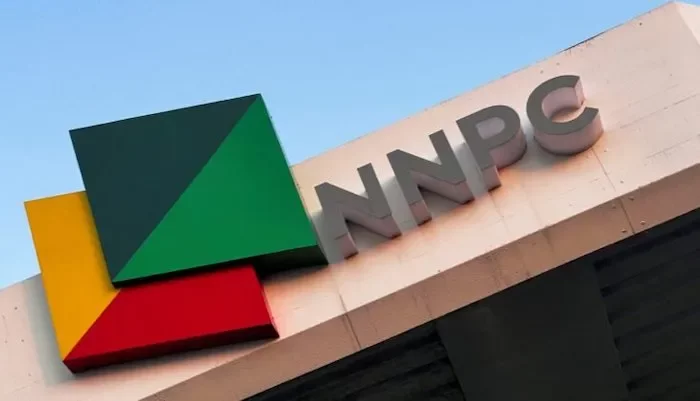
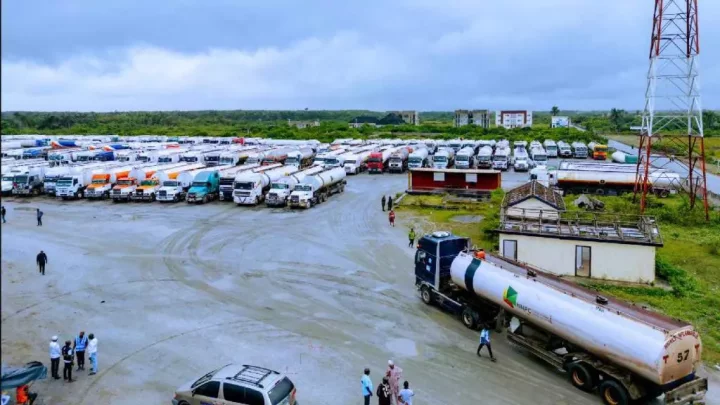
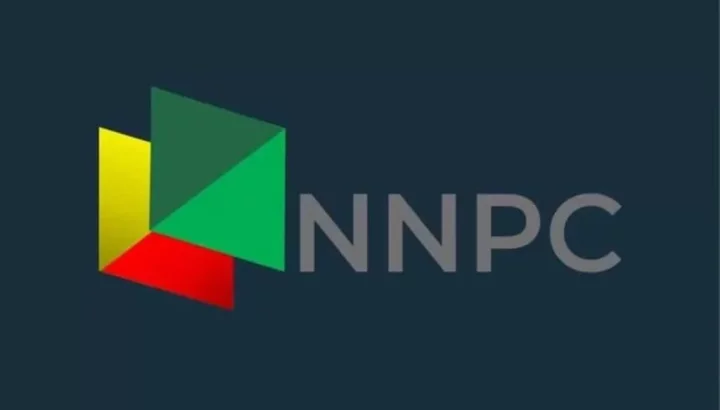
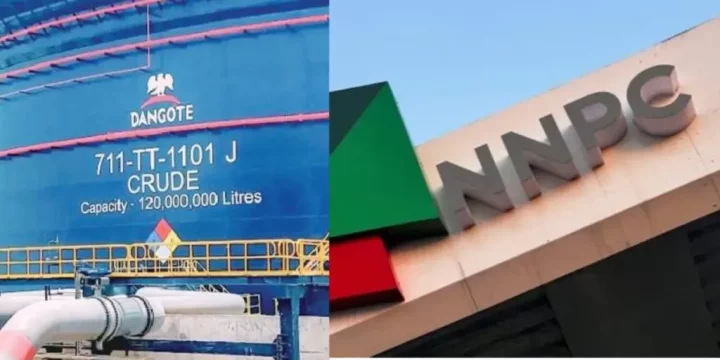


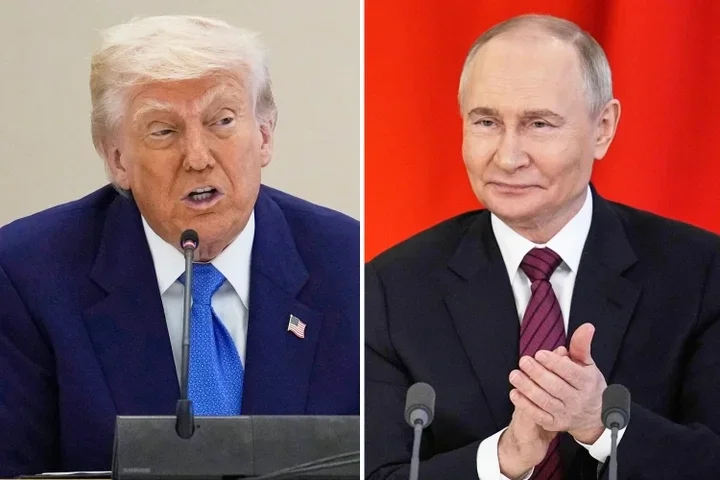

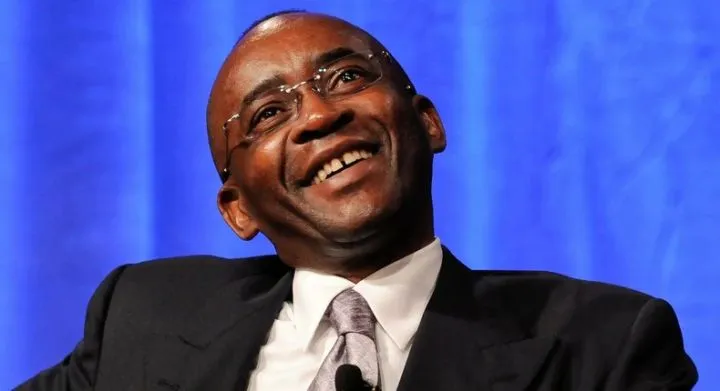




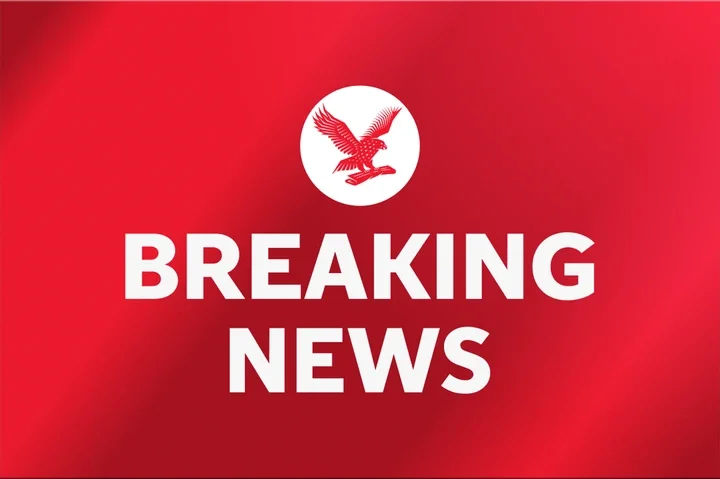


Comments